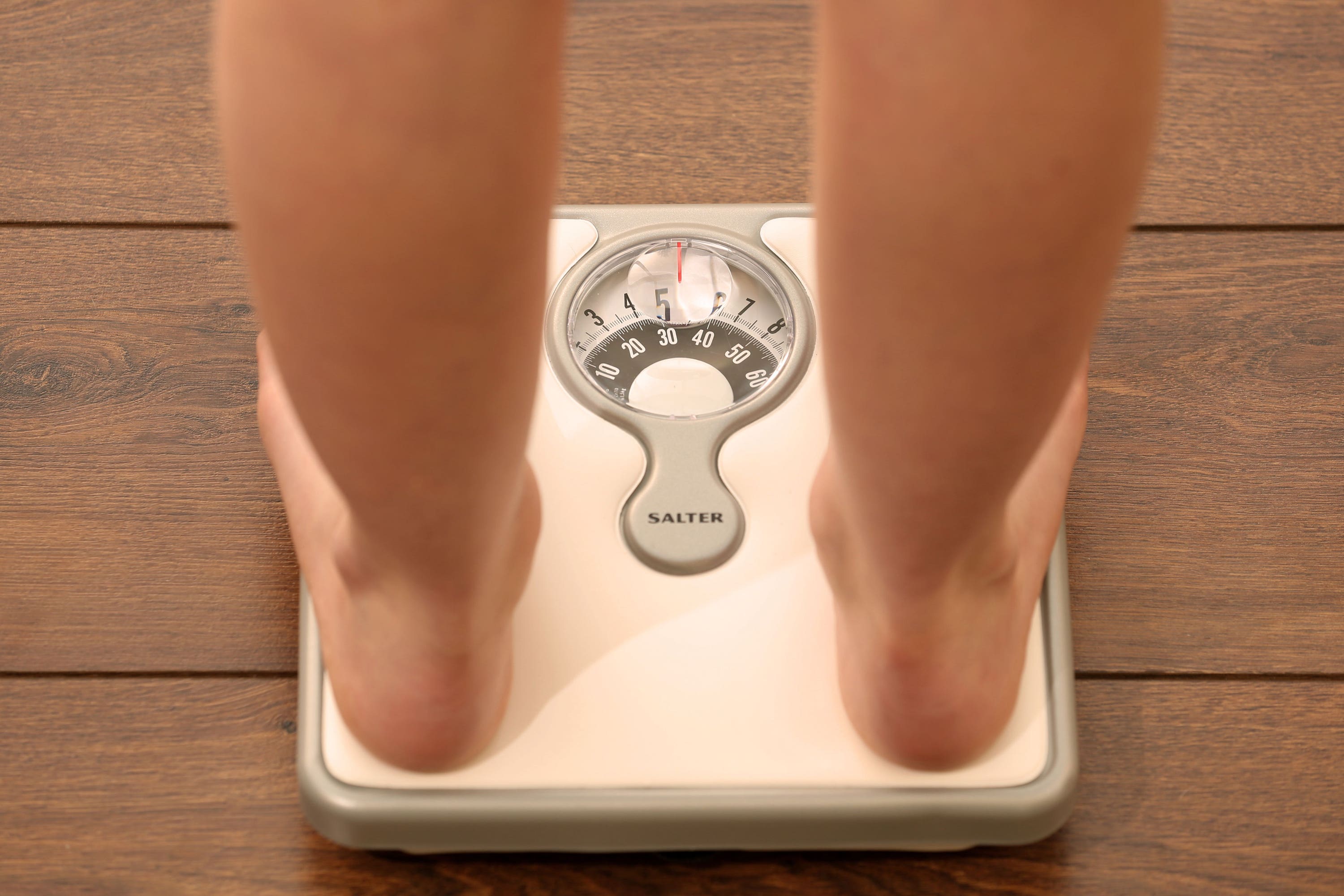The stats the show children of obese parents are more likely to become obese
When only the mother lived with obesity, the child had 3.44 times higher odds of living with obesity

Your support helps us to tell the story
From reproductive rights to climate change to Big Tech, The Independent is on the ground when the story is developing. Whether it's investigating the financials of Elon Musk's pro-Trump PAC or producing our latest documentary, 'The A Word', which shines a light on the American women fighting for reproductive rights, we know how important it is to parse out the facts from the messaging.
At such a critical moment in US history, we need reporters on the ground. Your donation allows us to keep sending journalists to speak to both sides of the story.
The Independent is trusted by Americans across the entire political spectrum. And unlike many other quality news outlets, we choose not to lock Americans out of our reporting and analysis with paywalls. We believe quality journalism should be available to everyone, paid for by those who can afford it.
Your support makes all the difference.People are six times more likely to be obese in middle age if both parents were obese at that age, a new study suggests.
Having one parent living with obesity triples the odds, according to the research to be presented at the European Congress on Obesity in Venice, Italy.
Analysis of height and weight data showed a strong link between parents’ body mass index (BMI) in middle age (40-59 years) and that of their children at the same age.
Lead researcher Mari Mikkelsen, of the Department of Community Medicine, UiT Arctic University of Norway, said: “From previous studies we know that several factors contribute to the shared obesity status between parents and their children.
“Genes play an important role by affecting our susceptibility to weight gain and influence how we respond to obesogenic environments in which it can be easy to eat unhealthily.
“Some studies also speculate that children tend to develop similar dietary and exercise habits to their parents when they all live together under the same roof, resulting in a similar BMI status.
“Obesity in childhood, and especially in adolescence, tends to follow the individual into early adulthood and so we suspected it would also follow them into middle age.
“We found that this is indeed the case – children whose parents lived with obesity are much more likely to be living with obesity themselves when they are in their 40s and 50s, long after they have left home.”

The researchers used data from the Tromso Study, an ongoing health study in Norway.
Everyone who was aged 40 to 59 years old when they took part in the seventh wave of the study (carried out 2015-2016), and whose parents took part in its fourth wave (1994-1995) at the same age, were included in the analysis, giving 2,068 parent-offspring trios.
When both parents were obese in middle age, their children had six times higher odds of living with obesity themselves in middle age, than adults with both parents in the normal weight range.
When only the mother lived with obesity, the child had 3.44 times higher odds of living with obesity, and 3.74 times higher odds if just the father was obese.
Ms Mikkelsen said: “It can’t be established from our analyses whether this is due to genes or environment but we are most likely looking at a combination of the two.
“Whatever the explanation, our finding that obesity that is transmitted between generations can persist well into adulthood underlines the importance of treating and preventing obesity, a condition that contributes significantly to ill health and premature death.
“It also lays the foundation for research into factors that influence the intergenerational transmission of obesity and that can be targeted to prevent offspring from spending their whole life affected by obesity.”